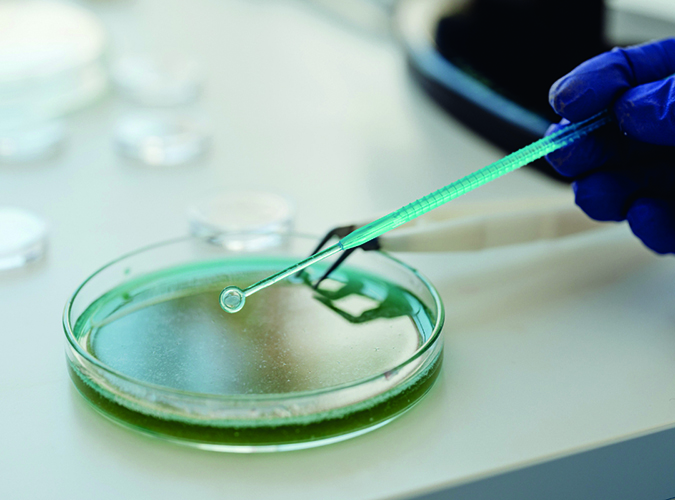- Home
- Subscription
- European Coatings Directory
- Archive ing
- All the papers published
- All the papers published during 2024
- All the papers published during 2023
- All the papers published during 2022
- All the papers published during 2021
- All the papers published during 2020
- All the papers published during 2019
- All the papers published during 2018
- All the papers published during 2017
- All the papers published during 2016
- All the papers published during 2015
- All the papers published during 2014
- Contacts











